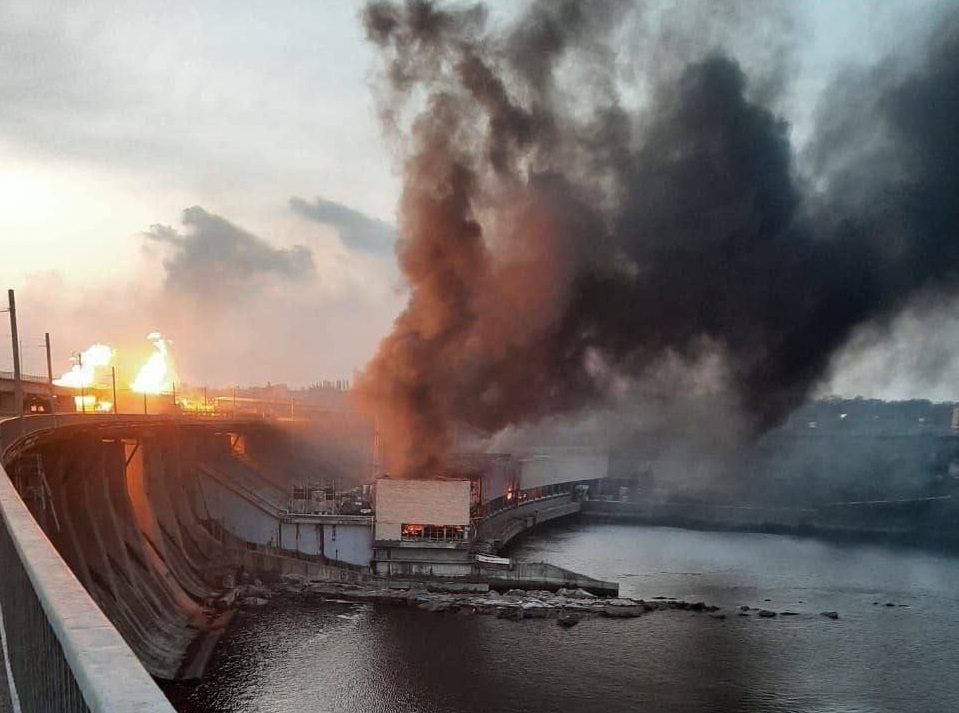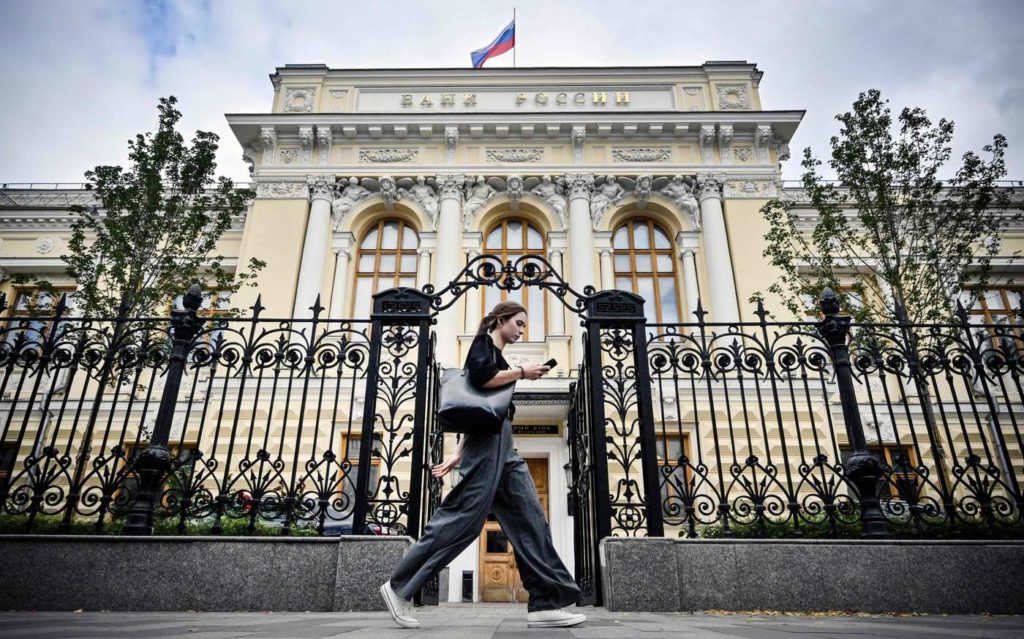Intelligence: Russia has enough missiles for one or two massive attacks in the coming weeks
"We were expecting attacks at the start of winter, but now we see that the missiles they were using were made recently," Chernyak said and added that now Russia is able to make another massive attacks soon

The Kremlin has enough missiles for one or two more major attacks in the coming weeks, Andrii Chernyak, a Ukraine’s Military Intelligence representative, said to the Financial Times.
In the last month, Russia renewed its attacks on Ukraine’s energy infrastructure, with its forces launching combined missile and drone assaults, using drones, ballistic, and cruise missiles to target energy facilities.
“We were expecting attacks at the start of winter, but now we see that the missiles they were using were made recently,” Chernyak said.
In his opinion, Russia has enough missiles for one or two more massive attacks in the coming weeks.
According to Chernyak, Russia still uses drones in large numbers because they are cheaper.
The Financial Times reported on 8 April that Russia has changed its tactics for attacking Ukraine’s energy infrastructure, using high-precision missiles to destroy power plants in less protected areas than Kyiv. Some facilities reportedly will not be able to fully recover before next winter.
The group lost about 80 % of its electricity production as a result of Russian attacks carried out in the last week of March. Five DTEK thermal power plants were forced to shut down, the report said.
The same number of missiles used in the [2022-23] winter attack are now being directed at five to six energy facilities in one region,” said Maria Tsaturyan, head of communications at Ukrenergo, adding that “They are trying to cut off large industrial regions and cities from the power supply.”
Read also:
- British Defense Ministry: Russia faces doctor shortage, recruits from Africa with minimal credential checks
- The Telegraph: Russia uses prohibited chemical weapons in Ukraine nearly daily
- 3 direct hits on Russian-held Zaporizhzhia Nuclear Plant reactor, IAEA chief says
You could close this page. Or you could join our community and help us produce more materials like this.
We keep our reporting open and accessible to everyone because we believe in the power of free information. This is why our small, cost-effective team depends on the support of readers like you to bring deliver timely news, quality analysis, and on-the-ground reports about Russia's war against Ukraine and Ukraine's struggle to build a democratic society.
A little bit goes a long way: for as little as the cost of one cup of coffee a month, you can help build bridges between Ukraine and the rest of the world, plus become a co-creator and vote for topics we should cover next. Become a patron or see other ways to support.



